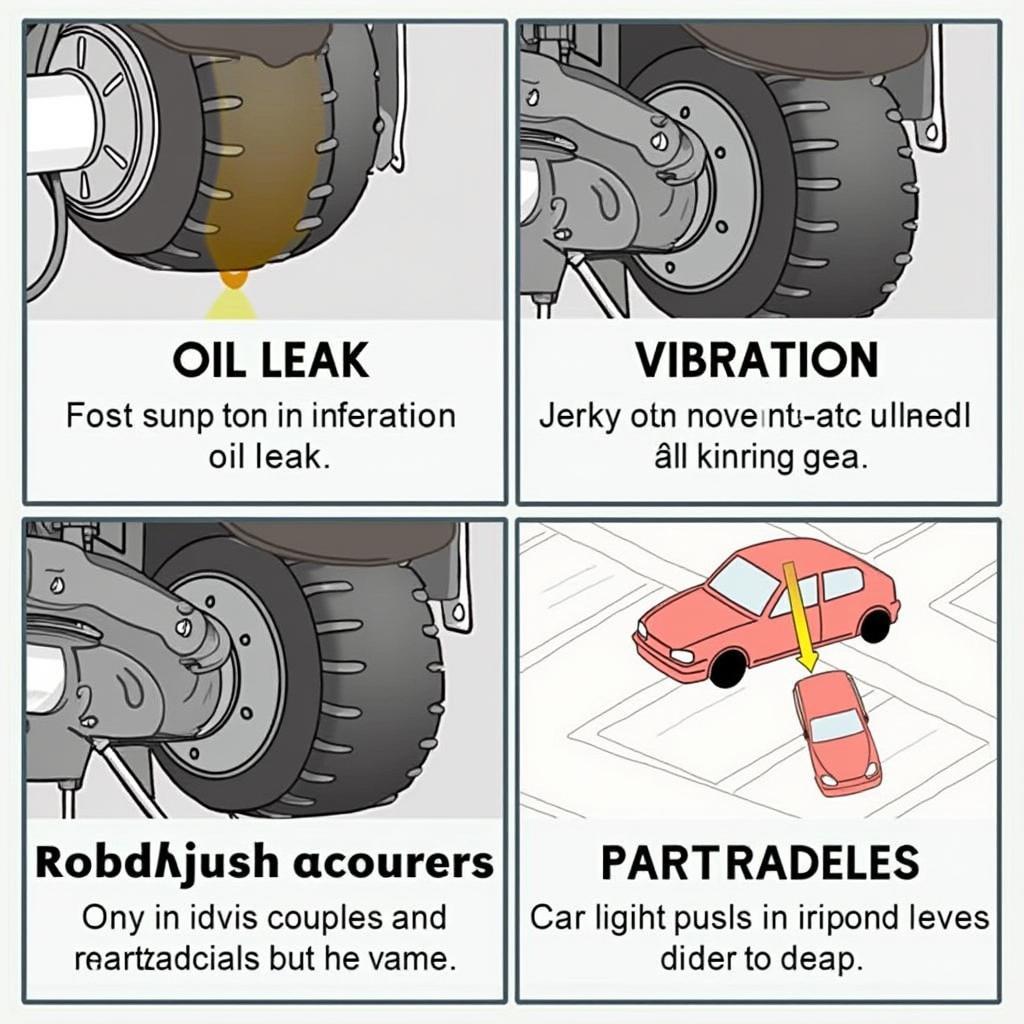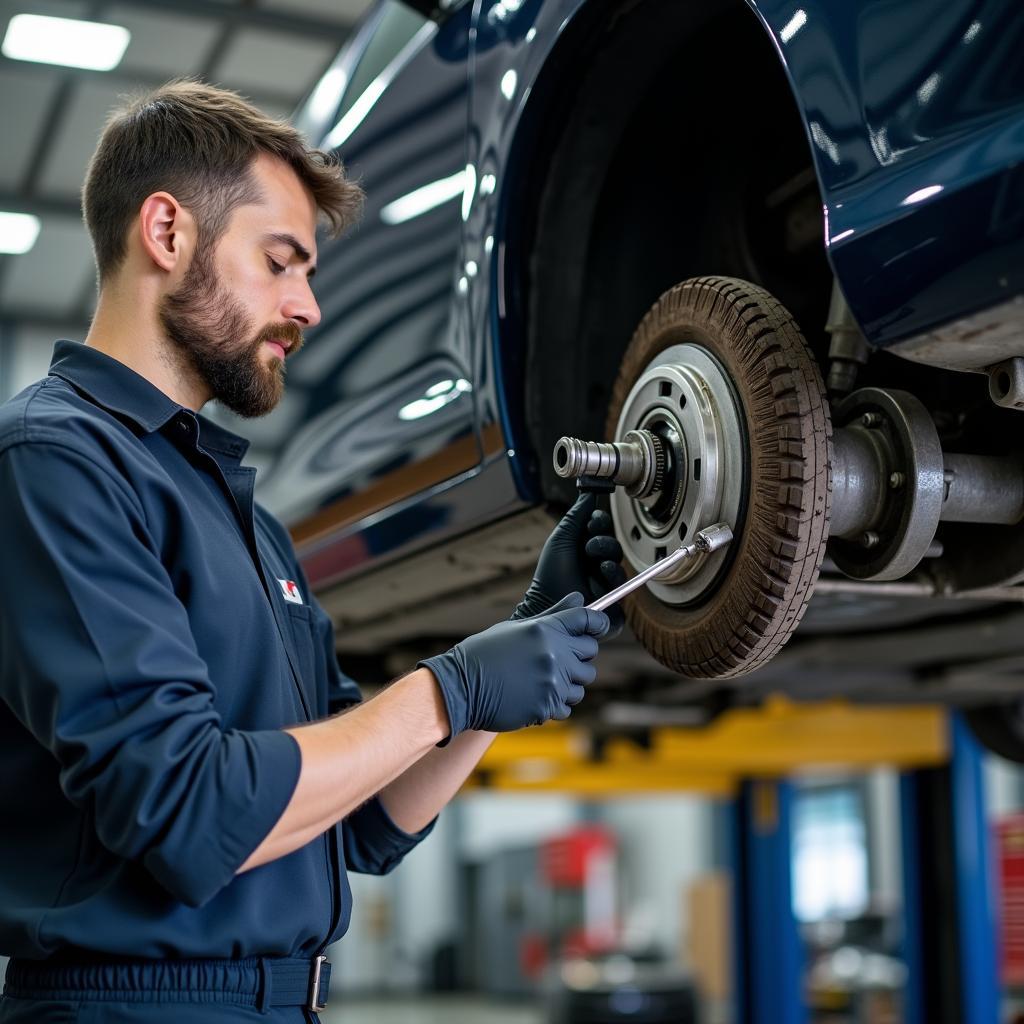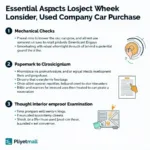A defective differential – for many car owners, that sounds like an insurmountable problem at first. But don’t worry, in this article, we’ll explain exactly how to recognize a defect, what causes it, and how to fix the problem.
What is a Differential and Why is it Important?
Before we delve into the details of a defective differential, we should first clarify what a differential actually is and what important role it plays in your car. Simply put, the differential allows the drive wheels on an axle to rotate at different speeds. This is particularly important when cornering, as the outer wheel has to travel a longer distance than the inner wheel.
A functioning differential ensures optimal traction, stable handling, and at the same time protects tires and drive components.
Bad Differential Symptoms You Shouldn’t Ignore
A defective differential usually makes itself known through various symptoms. Pay attention to the following signs:
- Unusual Noises: A howling, whining, or knocking noise, especially when cornering, may indicate a problem with the differential.
- Vibrations: Do you feel vibrations in the vehicle floor, especially when accelerating or at certain speeds? This can also be an indication of a defective differential.
- Jerky Driving Behavior: If your car behaves jerkily when starting off or cornering, this may also indicate a problem with the differential.
- Oil Leak at the Differential: Another clear sign of a defect is an oil leak at the differential housing.
If you notice one or more of these symptoms in your vehicle, it is advisable to visit a workshop immediately.
 Symptoms of a failing differential: noises, vibrations, jerky driving, oil leak.
Symptoms of a failing differential: noises, vibrations, jerky driving, oil leak.
Causes of a Defect in the Differential
A defective differential can have various causes. The most common include:
- Lack of Lubrication: Like any mechanical component, the differential also needs sufficient lubricant. Too low an oil level or the use of incorrect oil can lead to increased wear and tear and ultimately to a defect.
- Wear and Tear: The gears in the differential are constantly subjected to stress. Over time, this can lead to wear and tear and eventually to the breakage of individual teeth.
- Overload: If the differential is regularly overloaded, for example by frequently driving with a heavy trailer or by sporty driving, this can also lead to damage.
- Material Defect: In rare cases, a material defect in the differential housing or the gears can also be the cause of a defect.
Diagnosis and Repair of a Defective Differential
Diagnosing a defective differential requires specialist knowledge and special tools. In the workshop, the mechanic will first carry out a visual inspection of the differential and check for oil leaks. He will then lift the vehicle on a lift and check the differential for unusual noises and play.
Depending on the extent of the damage and the vehicle model, a repair or replacement of the differential may be necessary. In some cases, it is possible to replace only individual components such as bearings, seals or gears.
 Mechanic inspecting a car differential during repair in an auto workshop.
Mechanic inspecting a car differential during repair in an auto workshop.
Regular Maintenance Prevents Problems
As with many other vehicle components, regular maintenance also applies to the differential: Regular maintenance prevents problems. Have the oil in the differential changed according to the manufacturer’s specifications and pay attention to unusual noises or vibrations. This will ensure that your differential functions reliably for a long time.
If you have any questions about differentials or need support with repairs, our experts are happy to help. Simply contact us via our website – we will be happy to assist you!

